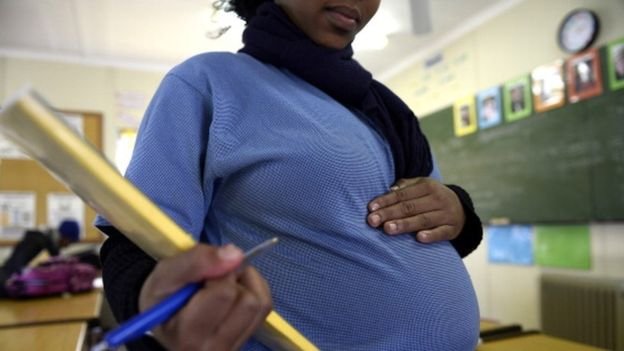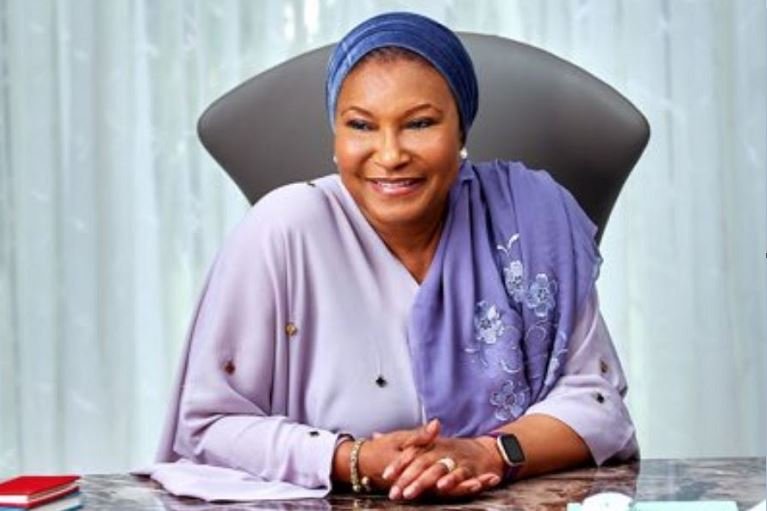The United Nations Children’s Fund (UNICEF) decried on Monday the current rise in the number of adolescent children becoming mothers before the age of 18.
As a result, it demanded prompt and comprehensive intervention from governments at all levels, stressing that it had “committed $1 billion in investment in Nigeria over the next five years.”
Eduardo Celades, Chief of Health at UNICEF Nigeria, mentioned this during the stakeholders roundtable on Adolescent and Youth Health Policies in Africa, with the theme “Fostering International Partnerships to Contribute to Adolescents’ and Youths’ Health in Nigeria.”
The UNICEF Chief of Health stated that the crisis extended beyond substance misuse to include concerns like insecurity, mental health, starvation, and climate change.
He said, “We are facing a massive crisis affecting our adolescent population. One in 10 girls in Nigeria is projected to become a mother before the age of 18, with a disproportionate impact in the North Central and North-West regions, where 50 percent of young girls, particularly in states like Bauchi and Gombe, are expected to have a child by the age of 18.
“Half of adolescent girls are unlikely to complete secondary school, and a staggering 43 percent are already married. Of these, a significant portion have partners older than them, impacting their decision-making autonomy.
“In our analysis of the next five years’ strategy, adolescent issues were only mentioned 14 times in nearly 100 pages. This oversight has prompted a reevaluation, and UNICEF, along with the UN, has committed a $1 billion investment in Nigeria over the next five years.
“In collaboration with university students, we are working on innovative approaches to enhance vaccine coverage. We believe that by empowering young people, we can drive meaningful results. Additionally, addressing mental health concerns among the youth, affecting 10 percent, is a priority on our agenda,” he stated.
Earlier, Prof. Kayode Adebowale, Vice Chancellor of the University of Ibadan, emphasized the importance of diverting attention and resources towards the health and well-being of adolescents.
He stated that the adolescent years were a key period of life development during which each individual travelled the intricate path from childhood to adulthood and that the health and approaches adopted shaped each individual’s potential and contributions to national progress.
Chevalier Uduimo, Chairman of the Board of the UI-Research Foundation, stated that the programme’s goal was to contribute to asset-based, impact-driven, and sustainable national policy alternatives supporting the health of African adolescents and youths.










